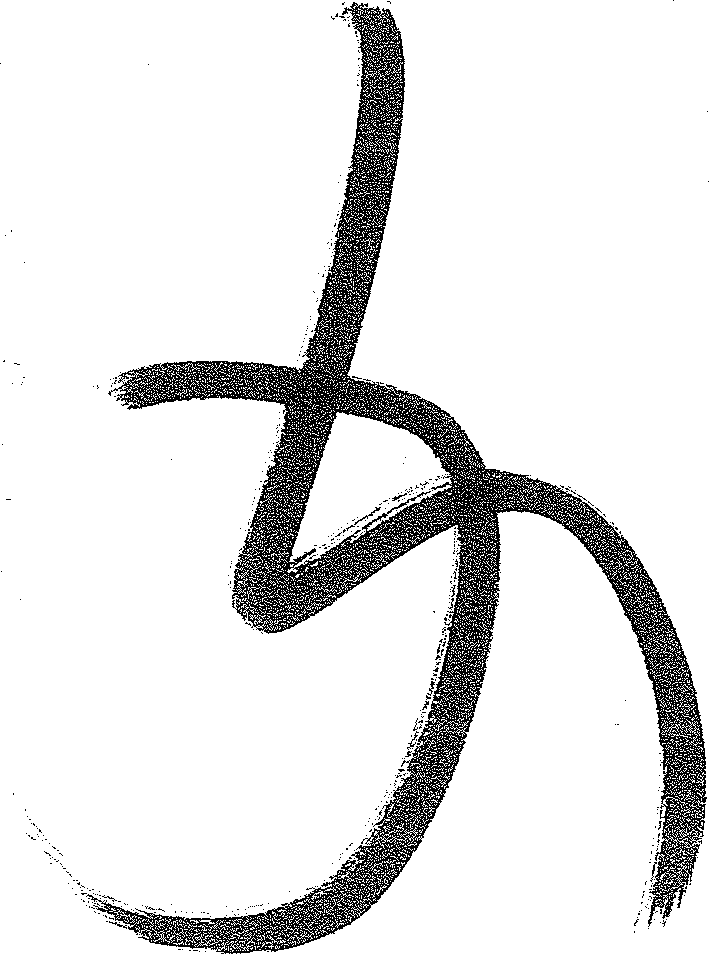Csound
The audio programming language developed by Barry Vercoe in the 1980s at MIT based on the Music N code of Max Mathews has been my companion since the 1990s. At the same time, I learned Open Music (then named PatchWork), then the programming language it is based on, Lisp, and further used MaxMSP for my live electronics projects.
I liked, after climbing the first ascent of the learning curve, the elementariness of Csound. You virtually handle the single bytes, which can slow the work but also offers vast possibilities of modifications on a very fundamental level. I liked putting up with the old-style (some may say outdated) quirks of Csound and decided that I wanted to give back to this project that had always freely accessible to everyone. (More about this path and its political implication in my Don Quijote Keynote 2017.) From this, a range of contributions have emerged, especially documentations and materials for teaching and learning.
FLOSS Manual
This comprehensive online textbook with numerous examples was first written in 2010 by myself, Iain McCurdy und Alex Hofmann. Together with Iain, I have updated and expanded on this version (archived here). In 2020, there was a total overhaul of the texts to markdown (instead of using the wiki at flossmanuals.net), which are hosted and version controlled on Github, and a completely new web interface was contributed by Hlöðver Sigurðsson. Now, you can play the examples directly in the web browser.
International Csound Conference
My former student and friend Alex Hofmann had the idea to host a conference to finally bring the international Csound community together. It was organized in 2011 by us at the HMTM Hanover (-> Programme and papers -> Videos -> Proceedings). Since then, it's been established as a bi-annual meeting (2013 Boston, 2015 Saint Petersburg, 2017 Montevideo, 2019 Cagli, 2022 Athlone).
CsoundQt
This development environment for Csound was created in 2007 by Andrés Cabrera to facilitate learning Csound. I joined by responding to his call for examples. I used CsoundQt both for teaching and for developing and performing my own pieces. Besides contributing to the extensive collection of examples, I help keeping a functioning team of developers and getting user support.
User Defined Opcodes
A collection of functions, written in Csound, that expand Csound like a module or library, for example for arrays, buffers, soundfiles, and tables.
Jupyter Notebooks
To the Csound Python API Implementation of François Pinot, which allows Csound to be executed within Jupyter Notebooks, I have contributed several examples (see cookbook). A video on this was produced for the Linux Audio Conference 2020.
Inscore
I made some examples of interfacing Csound with Inscore, which was developed by Dominique Fober (Grame, Lyon):
-> Source code / Repository
-> Introductory videos: I Installation II Examples
Books
Csound — A Sound and Music Computing System (Main author Victor Lazzarini), Springer 2017
Ways Ahead, Proceedings of the First International Csound Conference, Cambridge Scholars 2013]
